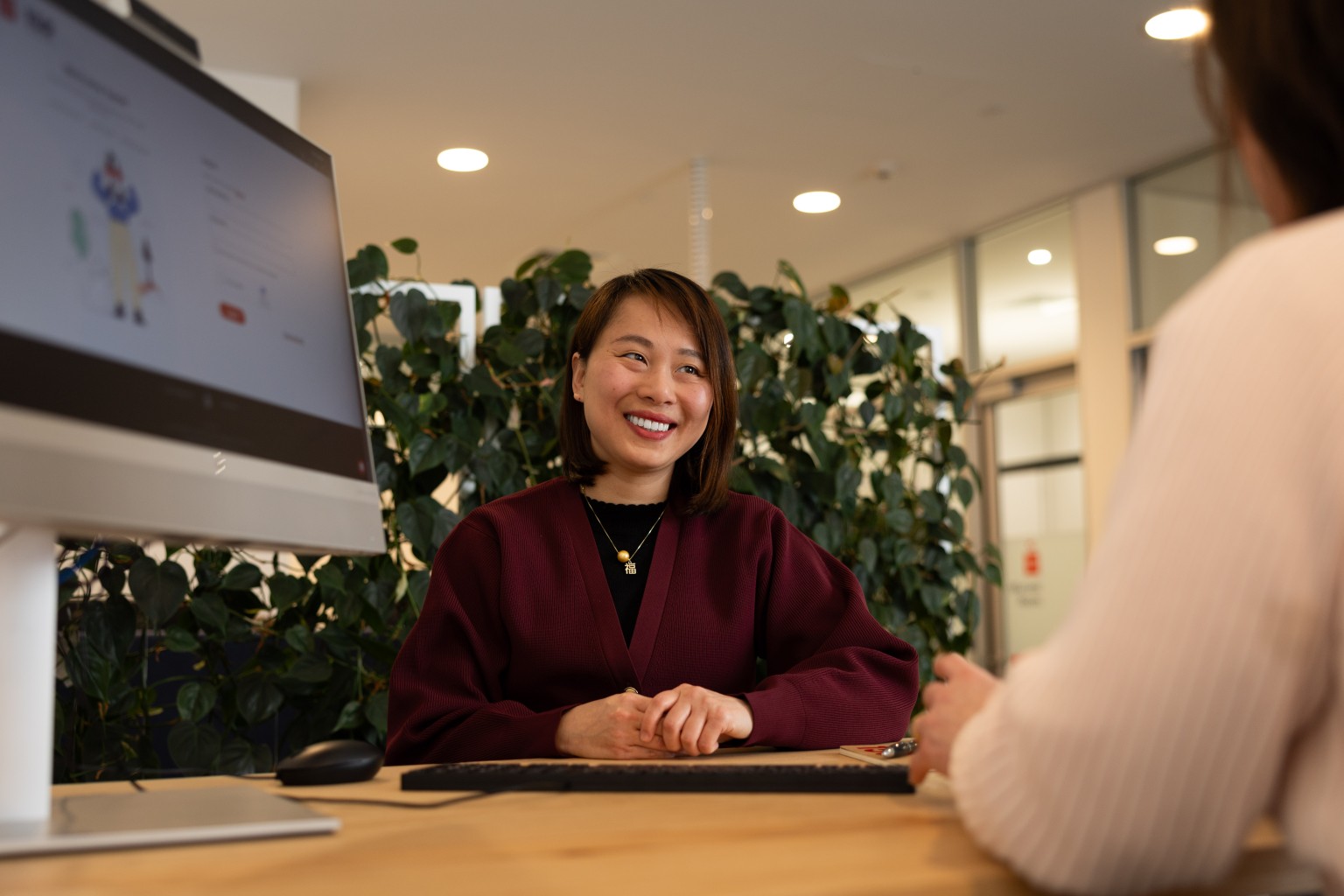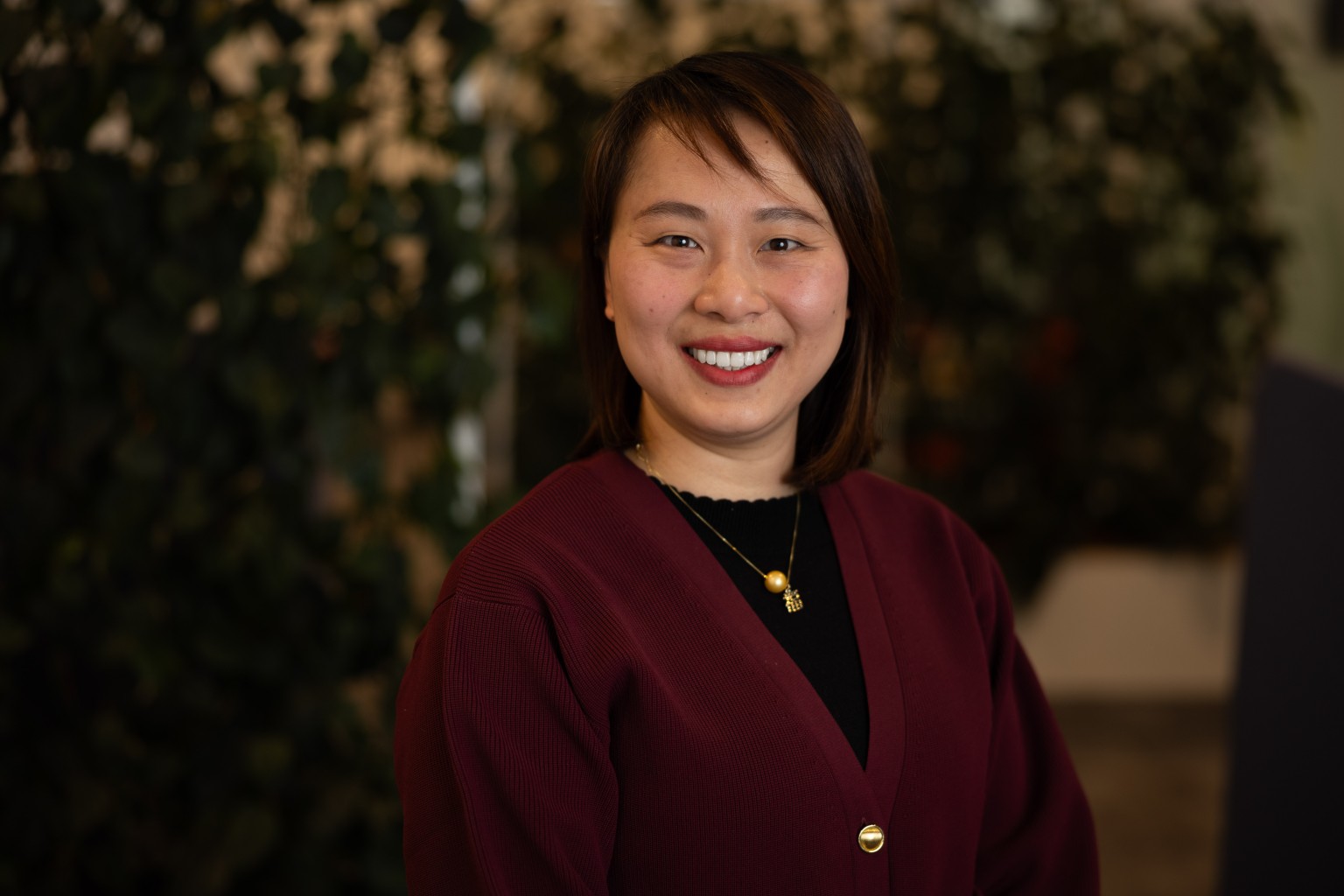Strengthening community resilience through Chinese language EPA education

A Chinese-language education initiative, led by Public Trust and Age Concern, has highlighted the importance of having an Enduring Power of Attorney (EPA).
Public Trust’s Audrey Yang speaks Mandarin, Cantonese and Teochew (she’s a court-appointed translator) – and as a Specialist Trustee, she’s also fluent in the language of wills and EPAs. So, this makes her ideally placed to deliver community talks that bridge the communication gap and help people take control of planning for their future.

Audrey (pictured) recently teamed up with Age Concern’s ethnic community team in Auckland to present a Chinese-language session focused on EPAs. Over 60 participants attended, reflecting the interest and need in the community. More sessions are planned for 2025.
“An EPA is an important safeguard. In many Asian cultures, there is a strong emphasis on family and collective decision-making, which can influence their views on EPAs. For instance, the concept of appointing an individual to make decisions on one’s behalf may be less familiar or even uncomfortable, as it contrasts with the traditional approach of family consensus.
"Additionally, language barriers and a lack of understanding of New Zealand's legal system can further complicate the acceptance and implementation of EPAs within these communities.”
When an injury or illness means you’re unable to make decisions or manage your own affairs – or if managing your financial affairs is simply all too much – an attorney appointed through an Enduring Power of Attorney (EPA) can step in and do it for you.
Felix Lin, Ethnic Community Manager for Age Concern, says EPAs are vital yet often overlooked.
“In cases where individuals lose the ability to make their own decisions, not having an EPA can create unexpected challenges for their families. In culturally diverse communities like Auckland, these challenges are further intensified by cultural sensitivities and language barriers,” he says.
With New Zealand’s aging and diversifying population, he says it’s increasingly important to raise awareness about EPAs through culturally relevant and targeted communications.
"In Chinese culture, discussing topics such as future decision-making, death, or ‘Xiao Dao’ (filial piety) is often considered taboo, making it more difficult to engage families in EPA conversations.
“By promoting understanding and preparing families, we can reduce misunderstandings, safeguard the interests of senior citizens, and strengthen family and community resilience.”
